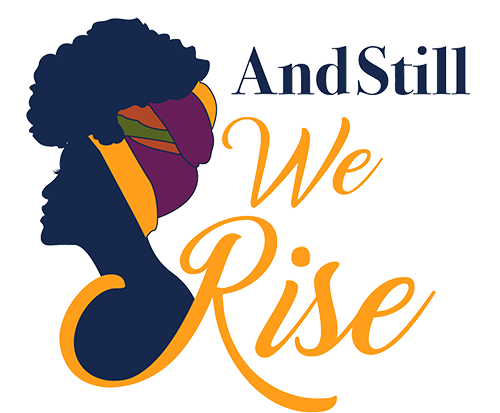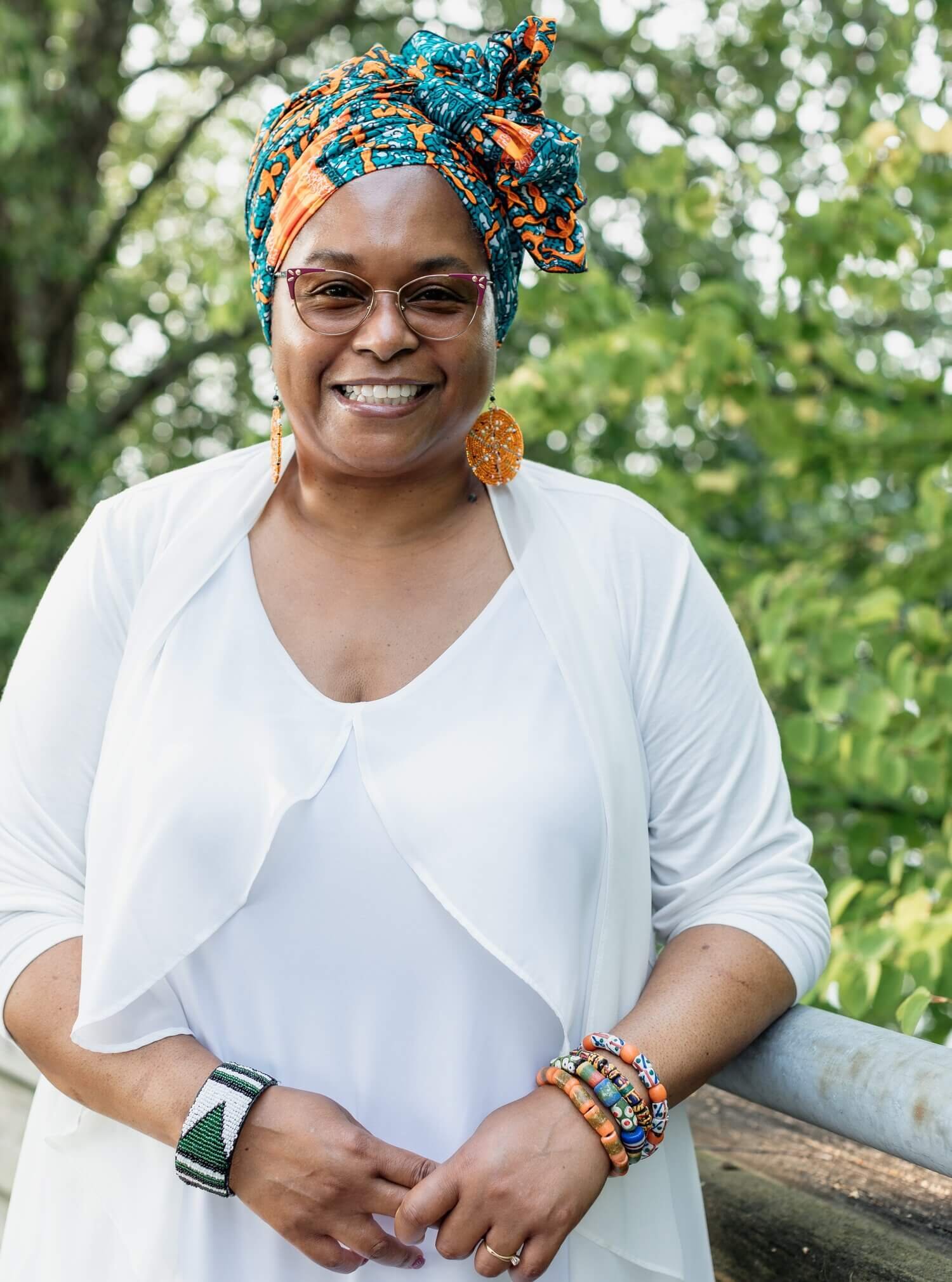The Perplexing Paradox of Equity Efforts: Fearless Fund vs. Hello Alice
By: Roberta Holmes
As someone who is deeply passionate about supporting underrepresented entrepreneurs, I was quite surprised to see the contrasting court decisions for Fearless Fund and Hello Alice. On one hand, the Fearless Fund - a VC firm founded by and focused on Black women founders - had their lawsuit blocked by an appeals court, with the court ruling that their race and gender-based grant program violated the Constitution's equal protection clause. Yet on the other hand, Hello Alice - a small business support platform headed by white women - celebrated a legal win, as their race and gender-conscious program was deemed lawful and a "significant boost for the small business community."
What's going on here? Why the different outcomes for these two organizations, both of which are trying to address the very real inequities faced by underrepresented entrepreneurs? It's a perplexing paradox, to say the least.
I think one key factor at play here is the racial makeup of the leadership teams. Fearless Fund, founded and led by Black women, was perhaps viewed through a more critical lens when it came to their equity-focused initiatives. There's an unfortunate and persistent bias that often views efforts led by people of color, with skepticism. This is especially true when Black women are leading. In contrast, Hello Alice, headed by white women, may have been perceived as more "neutral" or "objective" in their approach, even though their goals were ultimately the same - to create more equitable opportunities for underrepresented entrepreneurs. It's a frustrating double standard, but one that we've seen played out time and time again.
Another factor to consider is the broader legal landscape and the shifting tides when it comes to affirmative action and race-conscious programs. The recent Supreme Court rulings on Harvard and UNC admissions have created a lot of uncertainty about the future of diversity programs. This legal landscape is challenging for organizations trying to address deep-seated inequalities. The Court's decisions have made it feel unstable and risky for institutions to try to promote inclusivity and equal opportunity even knowing it is the right thing to do. This volatile climate requires vigilance, strategic planning, and a commitment to upholding equity and social justice principles, despite growing judicial scrutiny and potential rollbacks of civil rights protections.
So where does this leave us? How can we create truly equitable opportunities for underrepresented entrepreneurs when the legal rulings seem so inconsistent and the playing field is so uneven? It's a daunting challenge, but one that we must continue to tackle head-on.
As an unapologetic equity and inclusion advocate, I believe that the path forward lies in unwavering commitment, creativity, and a steadfast refusal to be deterred by setbacks. We must double down on our efforts to support Black women-owned businesses and other underrepresented entrepreneurs, finding innovative ways to navigate the legal landscape and challenge the biases that permeate our systems. We must come together and build robust ecosystems of support if we truly want to create a more inclusive and equitable entrepreneurial landscape.
Organizations like Fearless Fund and Hello Alice have a crucial role to play, but they cannot succeed in isolation. We need investors, policymakers, community groups, and educational institutions to all join forces and leverage our collective resources, expertise, and influence. Only by working in tandem can we amplify the impact of our individual efforts and enact the lasting change that is so desperately needed. This is not a competition - it is a collaborative effort to lift up underrepresented entrepreneurs and tear down the barriers we face. We must be fearless in our approach, uniting across all sectors to create the inclusive entrepreneurial ecosystem of the future. The time for incremental progress has passed - what we need now is bold, cooperative action to revolutionize the playing field. Together, we can make this vision a reality.
Additionally, we must continue to advocate for policy reforms and legal frameworks that explicitly protect and empower underrepresented entrepreneurs. This may involve challenging the narrow interpretations of equal protection that have led to the recent court rulings, or pushing for new legislation that enshrines the importance of diversity, equity, and inclusion in entrepreneurship and beyond.
At the end of the day, the stakes are simply too high to give up. The success of Black women-owned businesses and other underrepresented entrepreneurs is not just about individual achievement - it's about dismantling systemic barriers, fostering economic empowerment, and building a more just and equitable society. By standing firm in our commitment to this cause, we can overcome the perplexing paradoxes and create a future where all entrepreneurs have the opportunity to thrive.
About:
Roberta Holmes (she/her) is a member of the And Still We Rise Consulting Team and serves as Partnership Development Specialist. Learn more about Roberta here.

